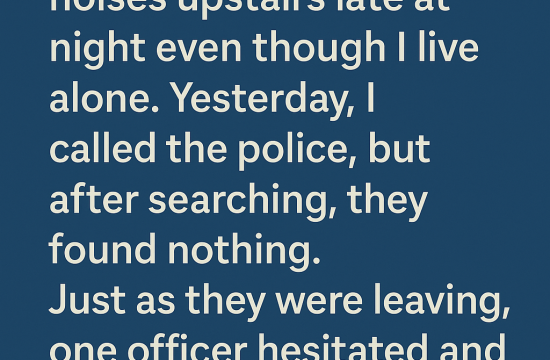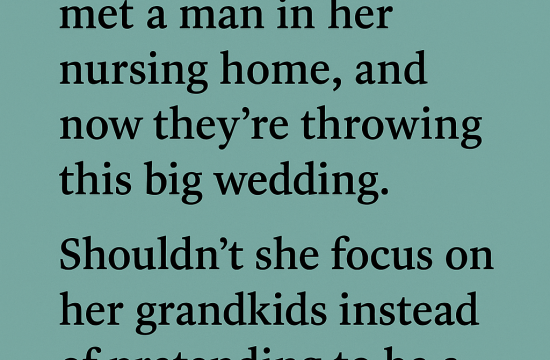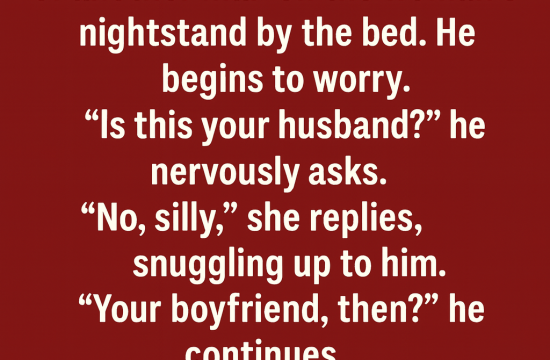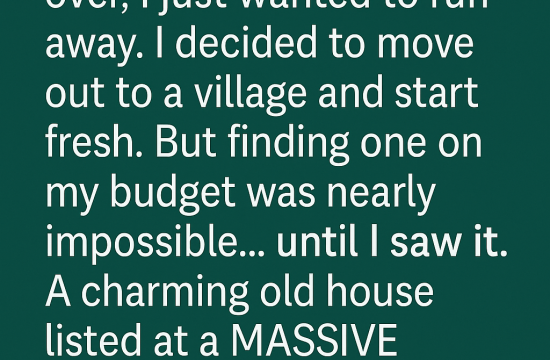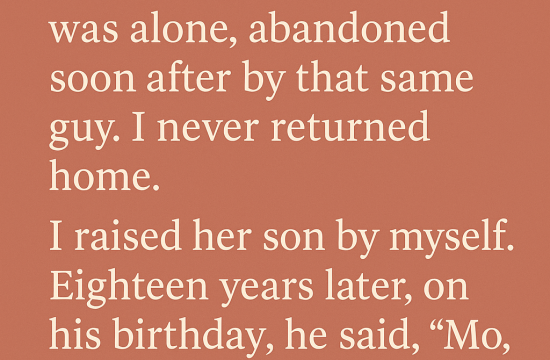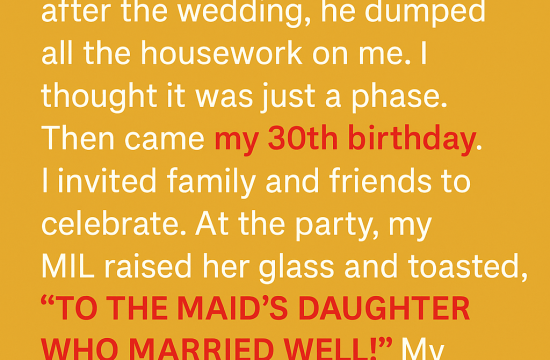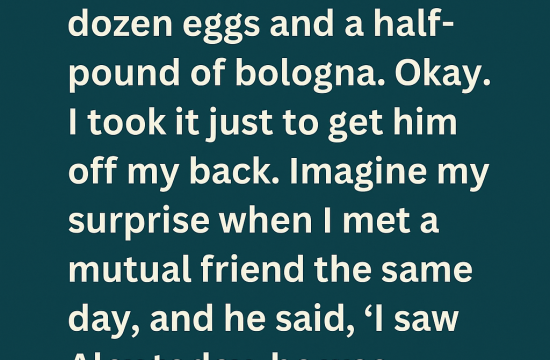My son began to feel bad.
We received the worst news: he had kidney failure and would need a transplant.
“I will give my kidney to him,” I said. But my wife objected.
That made me uneasy.
So, without telling her, I went to the hospital and discovered the worst.
She wasn’t a match.
I mean… not just not a match.
She wasn’t even a biological parent.
I stared at the test results for a long time, thinking they’d made a mistake. Our son—Milo—was 13. Tall, lanky, a goofball with untied sneakers and a laugh that filled the room. I had never doubted he was mine.
But now I was looking at hard science telling me my wife, Norah, wasn’t his biological mother.
I sat in the car that afternoon, numb. The sun blazed overhead, but I felt frozen inside.
For days, I said nothing. I just watched her. The way she doted on Milo, cutting his toast into star shapes like she had since he was four. The way she kissed his forehead during dialysis, humming those old indie songs to calm him down.
She loved him. That much was undeniable. But how could she not be his biological mother?
Eventually, I broke. Late one night, after Milo had fallen asleep, I asked.
She didn’t deny it.
“I didn’t know how to tell you,” she whispered. “I wanted to. So many times. But I thought—if I told you, I’d lose everything.”
The truth unraveled slowly, painfully.
When Milo was barely three weeks old, Norah’s younger sister had shown up at our door—terrified, strung out, and ready to give up her baby. Years earlier, Norah had begged me to consider adoption when we thought we couldn’t have children. But then, “miraculously,” she’d said she was pregnant.
The truth? She had never been pregnant. She faked it. Loose sweaters, feigned fatigue, carefully timed absences. And when her sister showed up, baby in arms, she claimed him as her own.
She handled everything—the clinic discharge, the paperwork. It was messy, but no one ever questioned it.
“I was afraid,” she said through tears. “Afraid you’d see me as broken. Afraid you wouldn’t stay. But I never faked the love. Not for one second.”
I sat there torn in half—angry at her secrecy, yet unable to ignore the devotion she had poured into Milo’s life.
But none of that changed the fact: our son needed a kidney.
The only real hope was his birth mother.
Her name was Fallon. She’d been in and out of trouble for years but was clean now, living in a halfway house in Oregon. I tracked her down, not knowing if she’d even care.
She cried when she heard. “He’s sick?” Her voice cracked. “I—I’ll do whatever it takes.”
Within weeks, she flew in. The reunion was strange, raw with emotions none of us knew how to name. We didn’t tell Milo who she was yet. It felt too heavy. First, we needed to know if she was a match.
She was.
The surgery happened two months later. It wasn’t easy—Milo’s recovery was slow, and Fallon quietly stayed nearby. She checked in, brought flowers, sat in the waiting room for hours, but never tried to claim him.
When Milo grew stronger, we finally told him the truth.
He didn’t scream. He didn’t cry. He just sat quietly for a while, and then said, “She gave me life. And she gave me love. I guess I got lucky twice.”
Yeah. He did.
And so did I.
I still wrestle with the secrecy. But I’ve learned something I never expected: families aren’t always built the way we imagine. Love is messy. It takes detours, keeps secrets, breaks in unexpected places—but it shows up when it matters most.
If you’ve ever faced a secret that shook your world, or a love that refused to give up, remember this: you are not alone.




